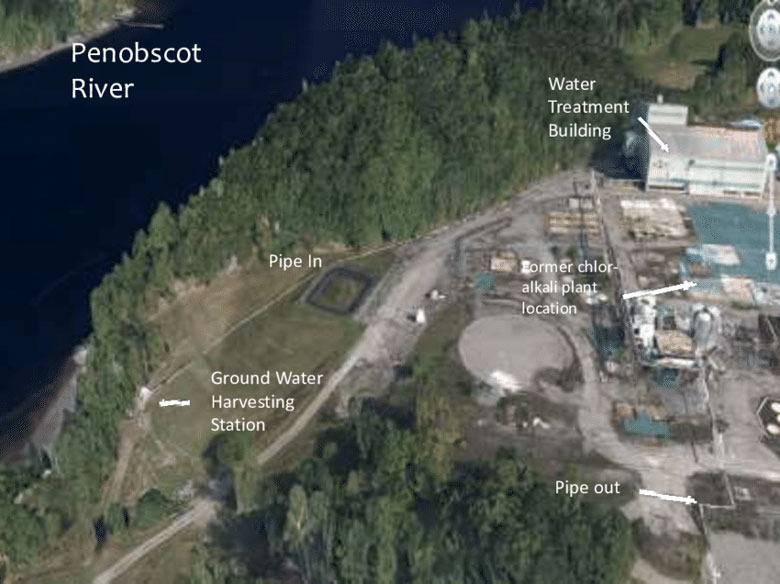The court-appointed trustee directing work to remediate mercury in the Penobscot River estuary has announced 13 Beneficial Environmental Projects (BEPs) that will receive funding to begin delivering tangible benefits to affected communities and ecosystems. These projects will begin to fulfill a 2022 settlement in which a federal judge approved a multi-hundred million dollar clean-up and restoration for the estuary.
BEP recipients in this first round of funding include Coastal Mountains Land Trust, Ducks Unlimited, Great Pond Mountain Conservation Trust, Penobscot Nation Department of Natural Resources, Town of Frankfort, Town of Penobscot, and Town of Orrington.
Several of the projects will improve recreational and emergency boating access on both sides of Penobscot River and on Verona Island. Others will improve fish passage throughout the watershed, building on various recent efforts to restore Penobscot River fish populations. And the Penobscot Nation will receive funding for projects to help protect its members from mercury and other toxics in fish and wild foods.
For over five decades, the river and estuary have contained elevated mercury levels, and the 2022 settlement was the result of a decades-long lawsuit brought by Maine People’s Alliance and NRDC (Natural Resources Defense Council) to compel the clean-up of mercury from the Penobscot River. The settlement includes a total of $20 million for BEPs, as well as requiring various efforts to remediate mercury contamination in the estuary.
“For decades, our communities have suffered from extensive mercury contamination in the Penobscot River,” noted Jesse Graham, co-director of Maine People’s Alliance.
“This funding for local and Tribal governments, as well as not-for-profit organizations, is a major step toward righting this longtime wrong. The projects will go a long way toward restoring the Penobscot, so people can go back to fishing, eating lobster, and enjoying this river that is so fundamental to the lives of people who live in this part of Maine.”
Mitch Bernard, chief counsel for the Natural Resources Defense Council added: “We’re thrilled to see the selection of these projects that will provide a broad range of benefits for communities along the estuary,” said. “From improved fish passage to better recreational opportunities, these projects will pay long-term dividends for local residents, visitors, and wildlife alike.”





